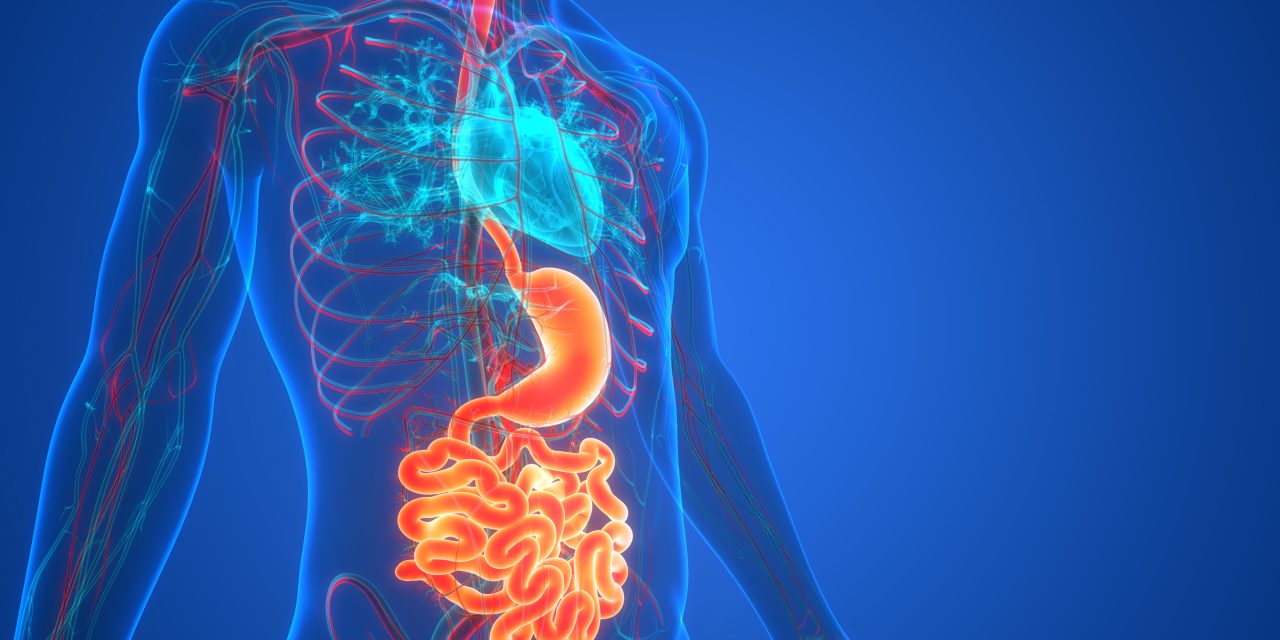Eosinophilic esophagitis (EoE) is a chronic, immune-mediated inflammatory esophageal disease triggered by food antigens. Cumulative evidence supports the implication of microbiota and the innate immune system in the pathogenesis of EoE. Changes in the esophageal microbiome were investigated by applying 16S rRNA gene sequencing on esophageal biopsies of adult patients with active EoE at baseline (n = 30), and after achieving remission with either proton pump inhibitors (PPI, n = 10), swallowed topical corticosteroids (STC, n = 10) or food-elimination diets (FED, n = 10). Ten non-EoE biopsies were also characterized as controls. Compared to controls, no differences in alpha (intra-sample) diversity were found in EoE microbiota overall. However, it decreased significantly among patients who underwent FED. As for beta (inter-sample) diversity, non-EoE controls separated from EoE baseline samples. Post-treatment samples from patients treated with PPI and FED had a more similar microbiota composition, while those receiving STC were closer to controls. Differential testing of microbial relative abundance displayed significant changes for Filifactor, Parvimonas and Porphyromonas genera. Analysis of predicted functions indicated alterations in metabolic pathways and abundance of sulphur-cytochrome oxidoreductases. Our findings demonstrate changes in microbiota associated with EoE, as well as a treatment effect on the microbiome.
Esophageal microbiome in active eosinophilic esophagitis and changes induced by different therapies.


